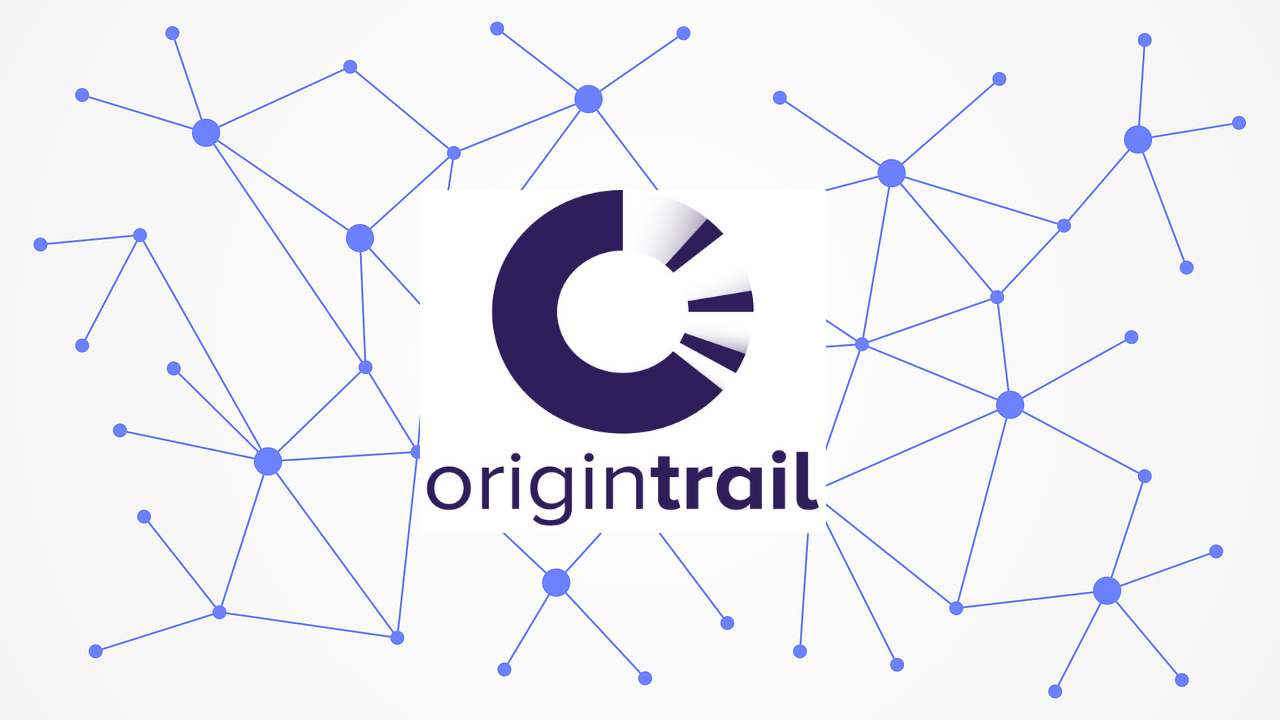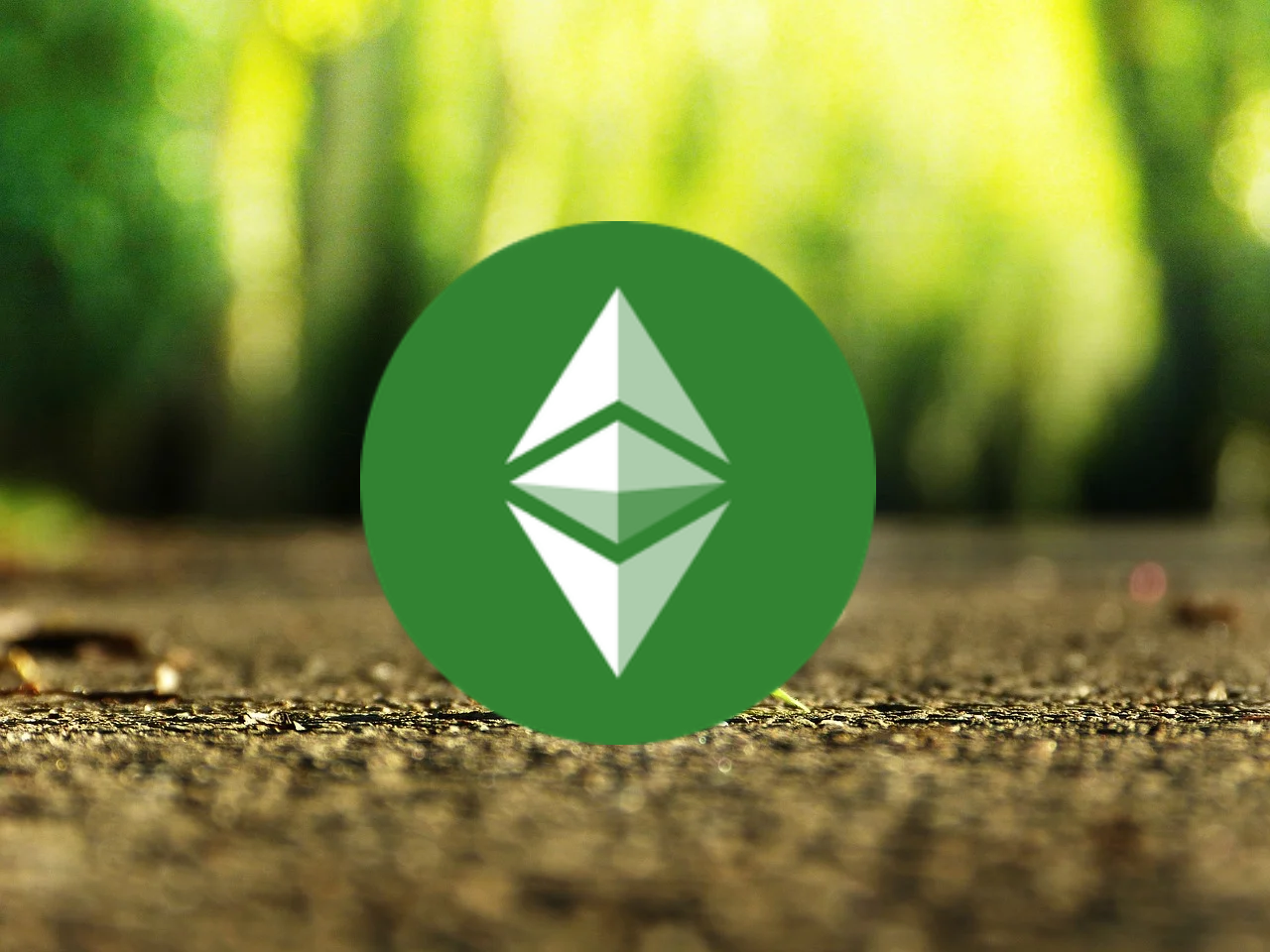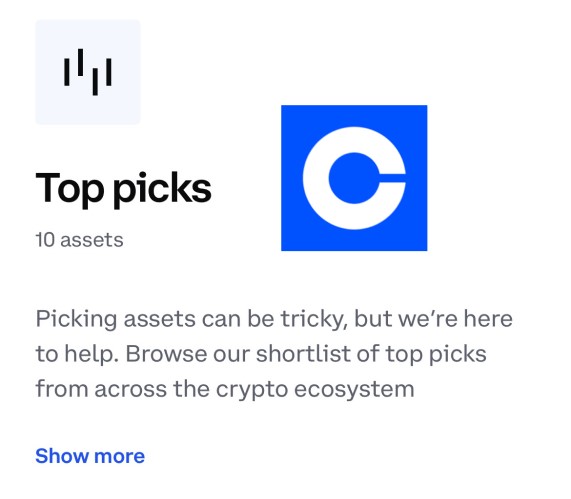OriginTrail is the Decentralized Google of Crypto

The Google of Web3
We've all heard of the company Google, but is there something similar in the world of crypto? The answer is sort of. OriginTrail is arguably the Google of crypto, but the difference is that it preserves your privacy and is decentralized, as opposed to Google. To put it simply, Google develops a knowledge graph, while OriginTrail develops a decentralized knowledge graph (DKG).
OriginTrail is the blockchain equivalent of a search engine, utilizing a global network of nodes, as opposed to centralized data centers. Companies and other individuals build and record data on the OriginTrail network, allowing it to be always indexed and retrievable.
TRAC is the ERC-20 token commonly referred to as the "glue" of OriginTrail, which is used to pay data fees and secure the network. Tokenomics are notably excellent with a max supply of 500 million TRAC that will be unlocked by staking over time (more on that later).
One of the main focuses of their technology are supply chains. Major corporations such as Home Depot and Walmart already use the OriginTrail's DKG for factory audit verification.
The beauty of the project, though, is that globally recognized GS1 and W3C data standards are supported, meaning there are a wide range of use cases that bridge the legacy tech world and blockchain. The Network Operating system (nOS) is a software solution that directly integrates legacy technology with the OriginTrail Decentralized Network (ODN).
Notably, Internet Pioneer Bob Metcalfe, who invented the crucial Metcalfe's Law on computer networks, is an advisor to the OriginTrail team. In August 2021, OriginTrail integrated with Polygon, a popular layer 2 scaling solution for Ethereum and other blockchains.
Expansion
The OriginTrail team aims to be the primary DKG for Web 3 by expanding their technology to different projects.
Chief among these projects is Polkadot, a sharded multichain protocol developed by Ethereum co-founder and Solidity creator Gavin Wood. It works by allowing different projects to bid for custom blockchains built on the main Polkadot chain, called a "parachain." In order to secure one, you must pay a certain amount of DOT (Polkadot's native coin) for a 2-year lease. A project can renew itself by paying more DOT each time.
OriginTrail is currently in the process of launching a parachain, as shown by its new official website. In addition to their parachain, the DKG technology will be integrated with Acala, the largest DeFi platform on Polkadot, which when combined with OriginTrail, should be one of the most popular DeFi scenes in the crypto industry.
OriginTrail developers are also currently working on v6 of the software, which will feature a new, powerful multi-graph explorer and staking to further secure the network.
Flaws
OriginTrail does have some problems currently. When you examine their website and various social media accounts, it's apparent that community engagement is lower than other projects. Also, they do not appear to do much marketing yet, which makes sense, since most of their roadmap has not come into effect yet.
Another thing is their partnerships. While some like Oracle and Walmart are impressive, OriginTrail rarely makes updates about them on social media, leading credence to the suggestion that there are bigger collaborations planned in the future once their roadmap is more completed.
A promising future
OriginTrail is truly a unique offering in crypto. There are a number of positive catalysts on the horizon, including v6 and their new parachain. Once staking is unlocked, more investors will be enticed to join.
Despite some trivial issues like marketing that will improve over time, OriginTrail is well suited to power the data of web3.




